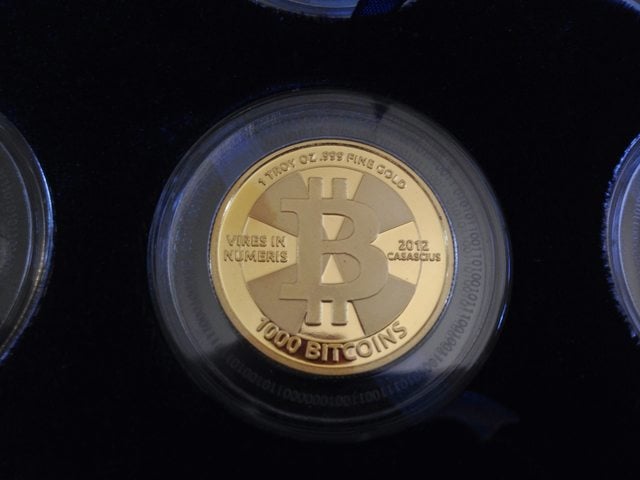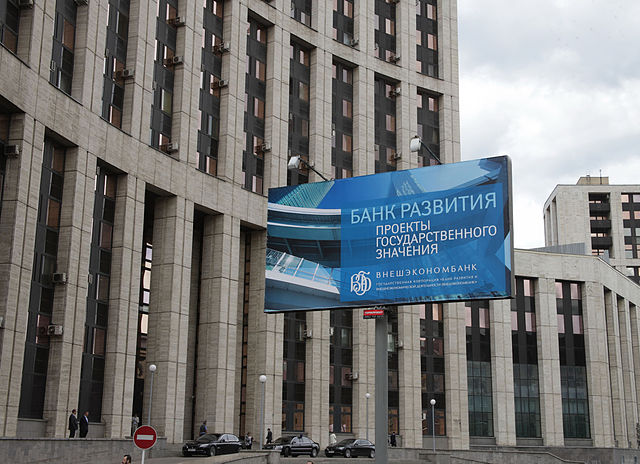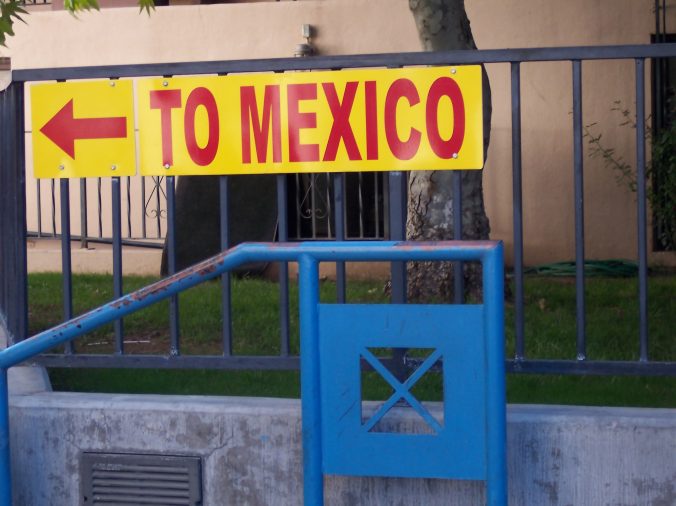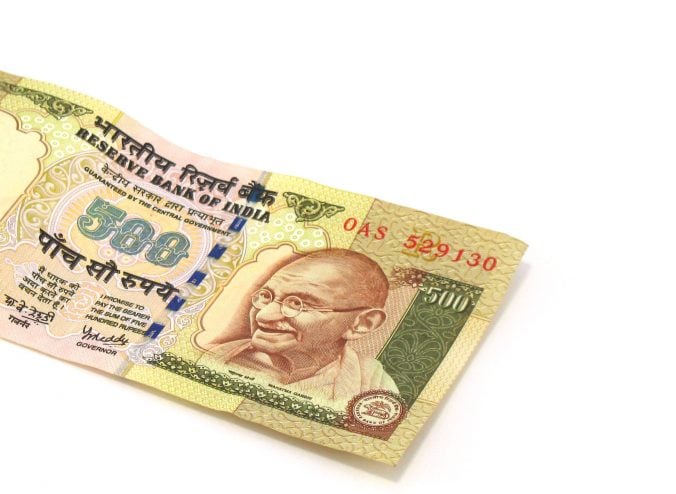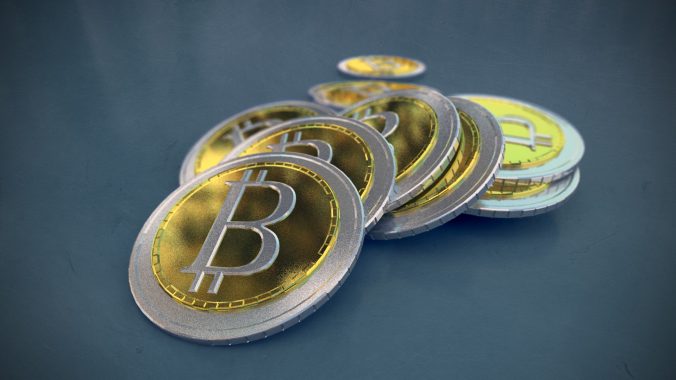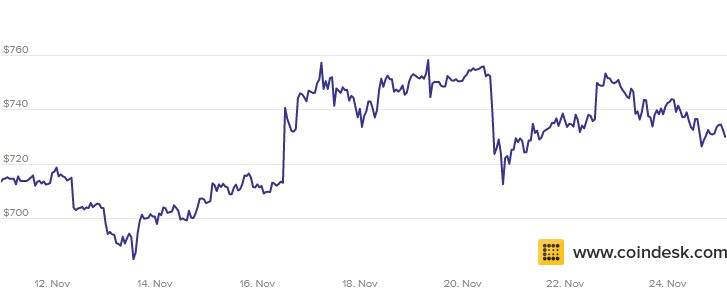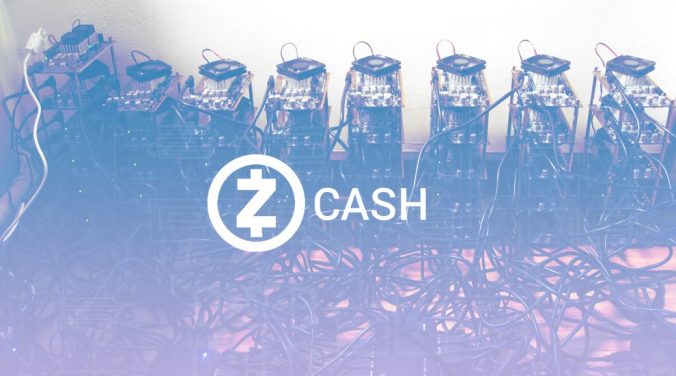Zcash (ZEC), the new digital currency lauded for its privacy features, is launching today amidst some massive hype. But until enough tokens become available on exchanges, Zcash enthusiasts are poised to acquire their ZEC first-hand by mining for it, either by setting up a home rig or by signing up for a cloud mining contract.
Created from a fork of Bitcoin’s codebase, Zcash promises all the best features and stability of Bitcoin with the added bonus of total payment confidentiality. Zcash transactions can be shielded to hide the sender, recipient and value of all transactions on the blockchain. Only those with the correct view key can see the contents.
Another interesting aspect of Zcash is it uses a memory-hard proof-of-work known as Equihash. This means the best hardware for mining Zcash tokens is standard GPUs and RAM. The hope is this will lead to a more decentralized set of miners.
“We think it is unlikely that anyone will be able to build cost-effective custom hardware (ASICs) for mining in the foreseeable future,” Zcash CEO and founder, Zooko Wilcox, and software engineer, Jack Grigg, wrote in a blog post.
Since Zcash did not hold an initial crowdfund, every Zcash token issued will be as a result of mining. And it’s likely that mining, especially in the early days, will be cheaper than purchasing Zcash on an exchange.
Mining for ZEC
There are two ways to mine Zcash: you can build your own GPU rig — arguably, with good mining software, you can use a CPU as well, but more on that later — or you can mine Zcash in the cloud.
Building your own GPU is not easy. When you buy an ASIC for mining bitcoin, you simply connect it to the internet and plug in the power. But GPU mining is a custom setup, where you need to source motherboards and graphic cards.
Because of the work involved, cloud mining make might make sense for some people, though it carries more associated risk. To that end, several cloud GPU providers are open for Zcash business. Genesis Mining is offering a limited number of one-year contracts. Toomim Brothers is offering Zcash cloud mining on three, six and 12 month contracts.
If you are setting up your own CPU or GPU rigs, you will need to find an efficient mining software. Zcash recently held an open source miner challenge, and made all the submissions available to the public.
Slow Start and the Founders Reward
Mining will begin with a “slow start,” which limits the block rewards for the first 20,000 blocks (roughly 34 days). During that time, the block reward will gradually increase from 0 ZEC to 12.5 ZEC.
Typically, when a coin first launches, mining difficulty is at its lowest and rises over a few days or weeks. A slow start discourage the big outfits from dedicating all their resources to mining in the beginning.
“With the ‘slow start’ approach, we can pull the trigger to start mining, knowing that we still have a few weeks before it gets to be significantly valuable, giving us time to watch for failures, work on related operational things (updating our web site, dealing with getting hacked and defaced and all that, collaborating with wallet makers, exchange operators, and other partners, touring the world to visit stadiums of screaming fans, etc.),” Wilcox wrote on GitHub back in March.
But some in the Zcash forum argue, in the case of Zcash, where there is so much buzz around the coin, major players may jump into the game right away, and the difficulty will soar beyond the reach of the average CPU within hours or days.
TY13R (as he is known on the Zcash Slack channel), who has worked on the Zcash GPU miner, told Bitcoin Magazine:
“When they publish the first block, a huge a amount of hashing power will move over to it. There could be hundreds of blocks mined on the first day.”
Like Bitcoin, the plan is to only produce 21M tokens with a halving every four years, where the reward is halved to control inflation. However, unlike Bitcoin, for the first four years, a full 20 percent of the Zcash mining reward will go to stakeholders in the Zcash Company. This is known as the “Founders Reward.”
Exchanges and Wallets
If you’re not up for mining, another option is to simply buy Zcash tokens. Coins will be sparse until there is enough in the supply system. But, said TY13R, “If there is money to be made, people will sell. It all depends on whether the miners are willing to give up their ZEC.”
Several exchanges — including Poloniex, Bittrex, HitBTC, and Kraken — have already announced support for Zcash.
Shapeshift has also said that its platform will support ZEC as soon as liquidity allows. Erik Voorhees, CEO of ShapeShift, said to Bitcoin Magazine:
“Just as we should expect privacy in our emails, telephone calls and personal relationships, so too is privacy warranted in financial transactions. In our age of surveillance, the individual deserves every tool of empowerment, and Zcash has the potential to uphold this principle.”
Along with Trezor wallets by SatoshiLabs, Jaxx has revealed it will integrate Zcash a few days after the launch, making Zcash the fifth token Jaxx has added to its lineup in less than three months.
“VCs have invested in Zcash, there’s cutting edge security technology behind it and that’s resulted in quite a lot of chatter in the crypto community,” said Jaxx CEO Anthony Di Iorio. “Zcash holds an extraordinary amount of promise.”
The Case for Zcash
As of this writing, the price of Zcash futures is hovering between 1.2 and 1.4 bitcoin ($820- $950) on BitMEX. If those numbers are any indication, Zcash could well become the second highest valued digital currency on record behind Bitcoin.
Zcash represents the hope for a perfectly untraceable digital currency. Although progress is being made, at this point, Bitcoin transactions are traceable. This lack of fungibility, the idea that one bitcoin may not be as valuable as another, based on how it has been used in the past, has long been a threat to Bitcoin’s livelihood.
“You need fungibility for Bitcoin to function. If you receive coins and can’t spend them, then you start to doubt whether you can spend them,” Blockstream CEO Adam Back told the audience at the Scaling Bitcoin conference in Milan.
The hope is that Zcash finally solves that problem, using the established cryptographic protocol, zk-Snarks. The basic idea is that when you make a transaction, you give a proof that says you have access to a certain amount of funds, but that proof gives zero knowledge to other people about what those funds are. (That is the “zk” part). The “SNARK” part is that Zcash can do this fairly efficiently now, especially compared to ZeroCoin, its precursor.
But Wilcox’s own words capture the aspirations of Zcash the best. In an earlier interview with Bitcoin Magazine, he said:
“The dream is that people all around the world use Zcash and other cryptocurrencies directly, to cooperate and organize with one another in safety and privacy. This will give them freedom from corrupt regimes, banks and unstable national currencies.”
Whether or not Zcash lives up to this dream, only time will tell. As it states on its website, Zcash still considers itself “an experimental technology” and cautions, “there is risk involved.” But for many people who wish they had jumped into Bitcoin earlier, those cautions may go unheard.
Written by Amy Castor for Bitcoin Magazine | Original article: https://bitcoinmagazine….
---------------------
Liked this article? Share it with others:





Follow Us for Latest News & Articles:




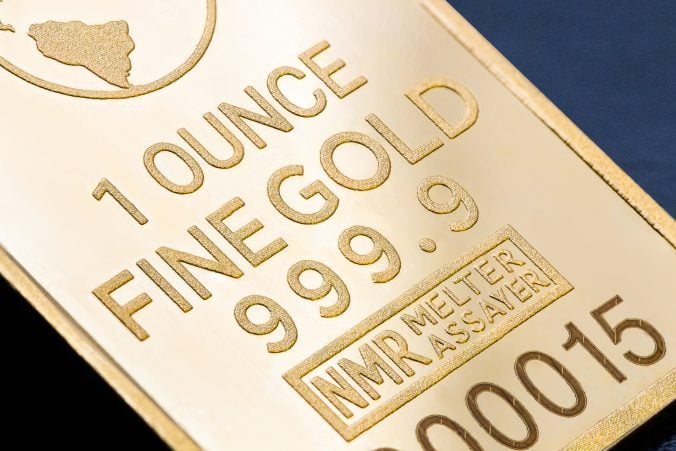
 In April 2011, bitcoin
In April 2011, bitcoin 